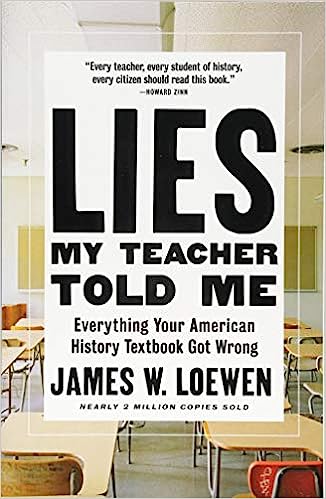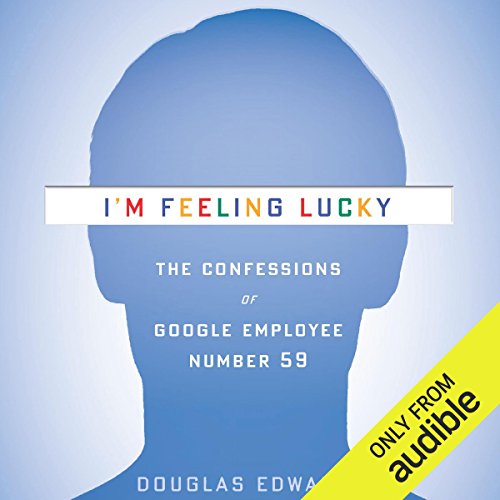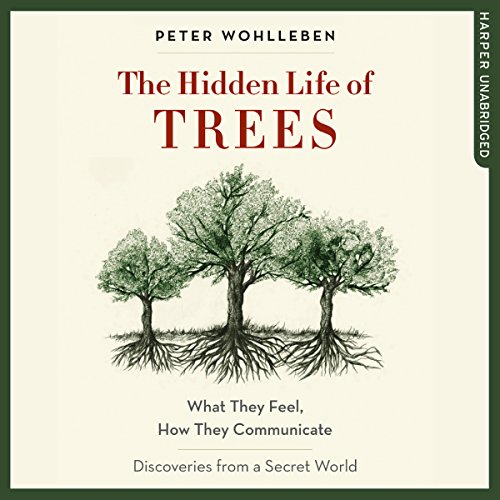That was me with War and Peace. I finished it, but then again I was younger at the time and decided I would slog through even though I hated it just to say I'd finished it.
I believe War and Peace is a sadistic joke inflicted on the public by literature professors that hate us and think we're rubes. So they foist a book that has no redeeming value outside of being an excellent [AND HEAVY!] doorstop and wait to see who will be stubborn enough to trudge through 1000+ pages of that tedious, meaningless, tome.
Hahahaha, oh, come on, fellers. Yes,
some of it painful - but the battle sequences are some of the finest threads of writing I've ever experienced. As an orthodox nationalist, he almost made me a believer; along with
Anna Karenina - scenes there after day's harvest done, peasants drinking rye-beer and eating their dark rye bread. I don't know, I find Tolstoy beautiful. Each to their own! Maybe it helps to play in Chekhov plays. You get used to a bunch of Russian aristos milling about, lol.
Talking of words conveying a rich feel hard to put into words, that's Thomas Hardy for me. All of them, I think, can't think of one I didn't love. Forgive the length, beginning of Return of the Native. If Tolstoy made me feel Russia in its rise to a truer self-sensing nation, Hardy brings me straight back to my English blood, ale, and villages - always a good and necessary thing.
Return of the Native (from Chapter 3, The Custom of the Country)
While the men and lads were building the pile, a change took place in the mass of shade which denoted the distant landscape. Red suns and tufts of fire one by one began to arise, flecking the whole country round. They were the bonfires of other parishes and hamlets that were engaged in the same sort of commemoration. Some were distant, and stood in a dense atmosphere, so that bundles of pale straw-like beams radiated around them in the shape of a fan. Some were large and near, glowing scarlet-red from the shade, like wounds in a black hide. Some were Maenades, with winy faces and blown hair. These tinctured the silent bosom of the clouds above them and lit up their ephemeral caves, which seemed thenceforth to become scalding caldrons. Perhaps as many as thirty bonfires could be counted within the whole bounds of the district; and as the hour may be told on a clock-face when the figures themselves are invisible, so did the men recognize the locality of each fire by its angle and direction, though nothing of the scenery could be viewed.
The first tall flame from Rainbarrow sprang into the sky, attracting all eyes that had been fixed on the distant conflagrations back to their own attempt in the same kind. The cheerful blaze streaked the inner surface of the human circle—now increased by other stragglers, male and female—with its own gold livery, and even overlaid the dark turf around with a lively luminousness, which softened off into obscurity where the barrow rounded downwards out of sight. It showed the barrow to be the segment of a globe, as perfect as on the day when it was thrown up, even the little ditch remaining from which the earth was dug. Not a plough had ever disturbed a grain of that stubborn soil. In the heath's barrenness to the farmer lay its fertility to the historian. There had been no obliteration, because there had been no tending.
It seemed as if the bonfire-makers were standing in some radiant upper story of the world, detached from and independent of the dark stretches below. The heath down there was now a vast abyss, and no longer a continuation of what they stood on; for their eyes, adapted to the blaze, could see nothing of the deeps beyond its influence. Occasionally, it is true, a more vigorous flare than usual from their ******* sent darting lights like aides-de-camp down the inclines to some distant bush, pool, or patch of white sand, kindling these to replies of the same colour, till all was lost in darkness again. Then the whole black phenomenon beneath represented Limbo as viewed from the brink by the sublime Florentine in his vision, and the muttered articulations of the wind in the hollows were as complaints and petitions from the “souls of mighty worth” suspended therein.
It was as if these men and boys had suddenly dived into past ages, and fetched therefrom an hour and deed which had before been familiar with this spot. The ashes of the original British pyre which blazed from that summit lay fresh and undisturbed in the barrow beneath their tread. The flames from funeral piles long ago kindled there had shone down upon the lowlands as these were shining now. Festival fires to Thor and Woden had followed on the same ground and duly had their day. Indeed, it is pretty well known that such blazes as this the heathmen were now enjoying are rather the lineal descendants from jumbled Druidical rites and Saxon ceremonies than the invention of popular feeling about Gunpowder Plot.
Moreover to light a fire is the instinctive and resistant act of man when, at the winter ingress, the curfew is sounded throughout Nature. It indicates a spontaneous, Promethean rebelliousness against that fiat that this recurrent season shall bring foul times, cold darkness, misery and death. Black chaos comes, and the fettered gods of the earth say, Let there be light.






























![Craft A Brew - Safale S-04 Dry Yeast - Fermentis - English Ale Dry Yeast - For English and American Ales and Hard Apple Ciders - Ingredients for Home Brewing - Beer Making Supplies - [1 Pack]](https://m.media-amazon.com/images/I/41fVGNh6JfL._SL500_.jpg)





























